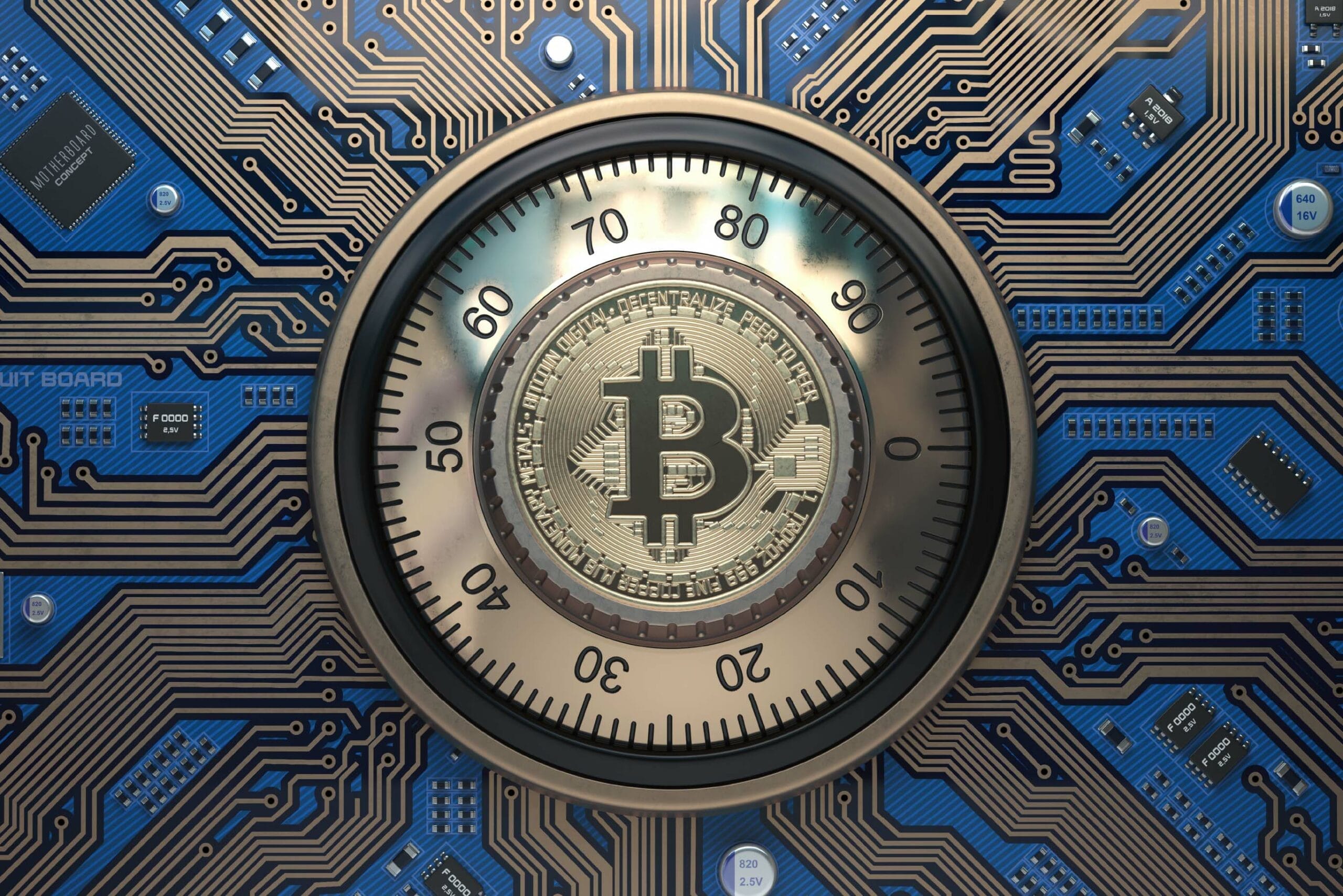
In the fast-paced world of crypto, where digital assets like Bitcoin have gained significant popularity, ensuring the security of your Bitcoin wallet is of utmost importance. With the rise of cyber threats in the crypto space, it is crucial for users to adopt best practices to protect their digital assets. In this blog post, we will explore the basics of Bitcoin wallets, emphasize the importance of robust security measures, discuss cyber threats in the crypto space, and provide you with best practices to secure your Bitcoin wallet effectively.
Before delving into security measures, it's critical to understand the two main types of Bitcoin wallets: hot wallets and cold wallets. Hot wallets are connected to the internet and are used for frequent transactions, while cold wallets are offline and primarily used for long-term storage. Each type has its advantages and risks, and users often employ a combination of both for a balanced approach.
The decentralized and pseudonymous nature of Bitcoin transactions means that users are solely responsible for the security of their funds. Security breaches, such as unauthorized access or hacking, can lead to irreversible loss of assets. Therefore, implementing robust security measures is crucial to protect your Bitcoin holdings.
As the value of cryptocurrencies continues to rise, so does the interest of malicious actors seeking to exploit vulnerabilities in the crypto ecosystem. Common cyber threats include phishing attacks, malware, ransomware, and social engineering schemes. Being aware of these threats is the first step in developing a proactive and effective security strategy.
Opt for well-established and well-known wallet providers. Research and select wallets with a history of security and positive user feedback.
Consider using hardware wallets for long-term storage. These physical devices store private keys offline, making them less susceptible to online threats.
Strengthen your wallet's security by enabling 2FA. This adds an extra layer of protection by requiring a second form of verification in addition to your password.
Keep your wallet software up-to-date to ensure you have the latest security patches. Developers frequently release updates to address vulnerabilities and enhance overall security.
Safeguard your private keys, as they grant access to your Bitcoin holdings. Store them in a secure and offline location, such as a hardware wallet or a physically secure backup.
Be on the lookout for phishing scams that attempt to trick you into revealing sensitive information. Verify the legitimacy of websites and communication channels before giving any personal details.
Stay informed about the latest security threats and best practices. Regularly check reputable sources for updates on emerging cyber threats and recommended security measures.
Remaining vigilant and staying informed about the changing landscape of cyber threats is crucial for maintaining the security of your Bitcoin wallet. Follow reputable crypto news sources, take part in relevant online communities, and consider joining forums where users share insights and experiences related to wallet security.
Securing your Bitcoin wallet requires a proactive approach. By understanding the types of wallets, recognizing the importance of security measures, being aware of rising cyber threats, and using best practices, you can significantly reduce the risk of falling victim to malicious activities in the crypto space. Remember, the responsibility for safeguarding your digital assets ultimately lies in your hands.